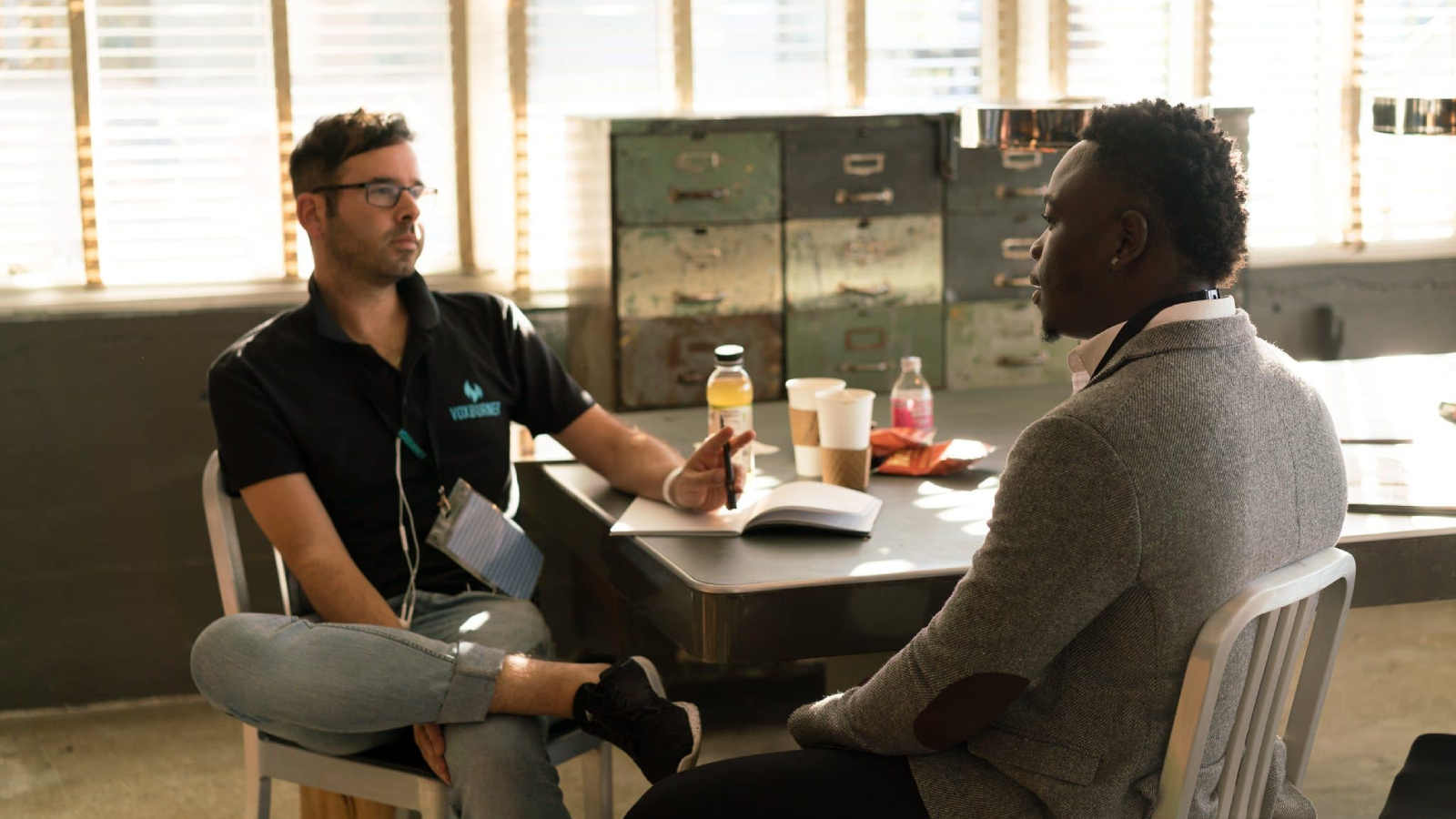 Welcome to the 21st century, where interviewing and hiring an employee means you may not get to shake their hand in person at the beginning of an interview—or potentially at all throughout the entire employee lifecycle.
Welcome to the 21st century, where interviewing and hiring an employee means you may not get to shake their hand in person at the beginning of an interview—or potentially at all throughout the entire employee lifecycle.
That seems kind of crazy, doesn’t it? Is it possible to know if you’ve found a good employee if you can’t meet them face to face? We think so—and these eight best practices can help you make sure your interviewing processes for remote employees help you find the best candidate for your job.
1. If you can’t meet in person, use video.
It’s ideal to be able to meet your candidate in person for an interview—even if they are applying for a remote position. However, if you’re working in different cities or even different countries, this may not be possible.
The next best option? Conduct your interview via video. Skype, Zoom, and Google all have easy-to-use options that make it feel like you’re in the same room, even when you’re thousands of miles away.
2. Provide all information upfront for your virtual meeting.
Make a good impression by giving your candidate all of the meeting information ahead of time. That includes the meeting time, the meeting location (a URL to the meeting room if you’re meeting virtually), an agenda (if necessary), the names of the people who will be interviewing the candidate, an estimate for how long the meeting will take, and any other pertinent information that may help the candidate better prepare for the interview.
3. Test your connection ahead of time.
Just as you want your candidate to be prepared for the interview, you should also make sure you’re ready to host an interview in a professional setting. Before your interview, check the following things:
- Your internet connection.
- Your audio and video equipment (like your computer’s camera and speakers).
- Headphones.
- Volume.
- The software you’re using to meet.
An easy way to do this is to have a colleague “log in” as if they were the candidate and then have a brief conversation—this will ensure your connection works, and you’re not panicking at the beginning of the interview.
4. Keep your interview as close to “normal” as you can.
What does your typical candidate interview process look like? Whatever you do in an in-person interview should be replicated and applied to a virtual interview. For example, if your in-office interview process consists of three one-on-one interviews with different people from your organization, you can follow the same process with a few tweaks:
- Create a schedule and timeline.
- Assign who should interview the candidate and at what time.
- Have each interviewer in his or her respective meeting room a few minutes before the scheduled time.
- Follow your normal interviewing “script.”
5. Don’t waste the candidate’s time.
If you know a candidate just won’t work out five minutes into speaking with them, there’s no need to continue the interview—just find a natural pause in the conversation and end the meeting. Then, send a disqualification notice shortly thereafter, so the candidate isn’t left wondering about the job.
6. Answer their questions.
Build time into the interview schedule to answer any questions the candidate may have. If you can’t answer a question, make sure you state that—then find out who can provide an answer, and follow up with the candidate.
7. Dress to impress.
“I want to work remotely so I can work in my pajamas.” If this answer from a prospective employee makes you roll your eyes, then you should also make sure you (and your environment) look the part—follow your company’s dress code and then bump it up a notch. Clean off your desk. Make sure your background isn’t a cluttered, busy mess. You want to represent your company well.
8. Follow the law.
Most importantly, make sure you’re following the law when you’re interviewing your prospective employees. Just because you work (or hire) remotely doesn’t make you exempt from the rules and regulations.
If you’re not sure what the law says about hiring, set up a free consultation with us. We can help you develop a hiring process that follows the law and puts you with the right candidate for your company.



